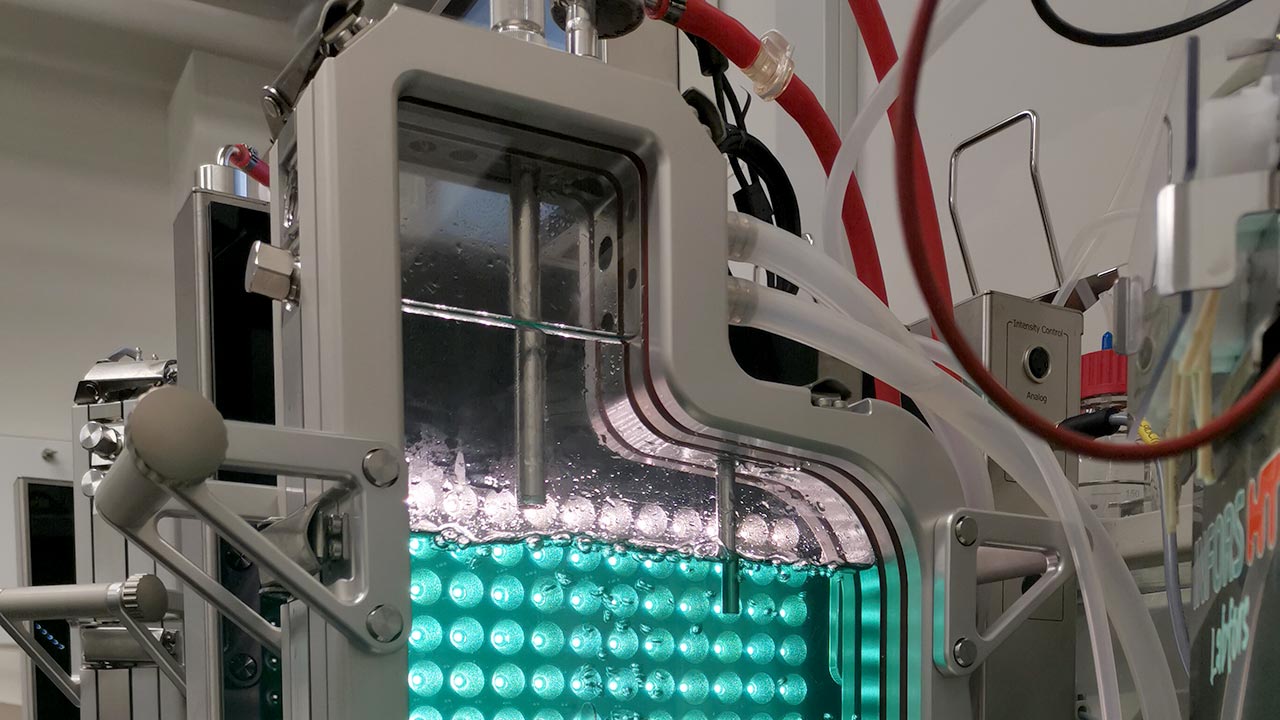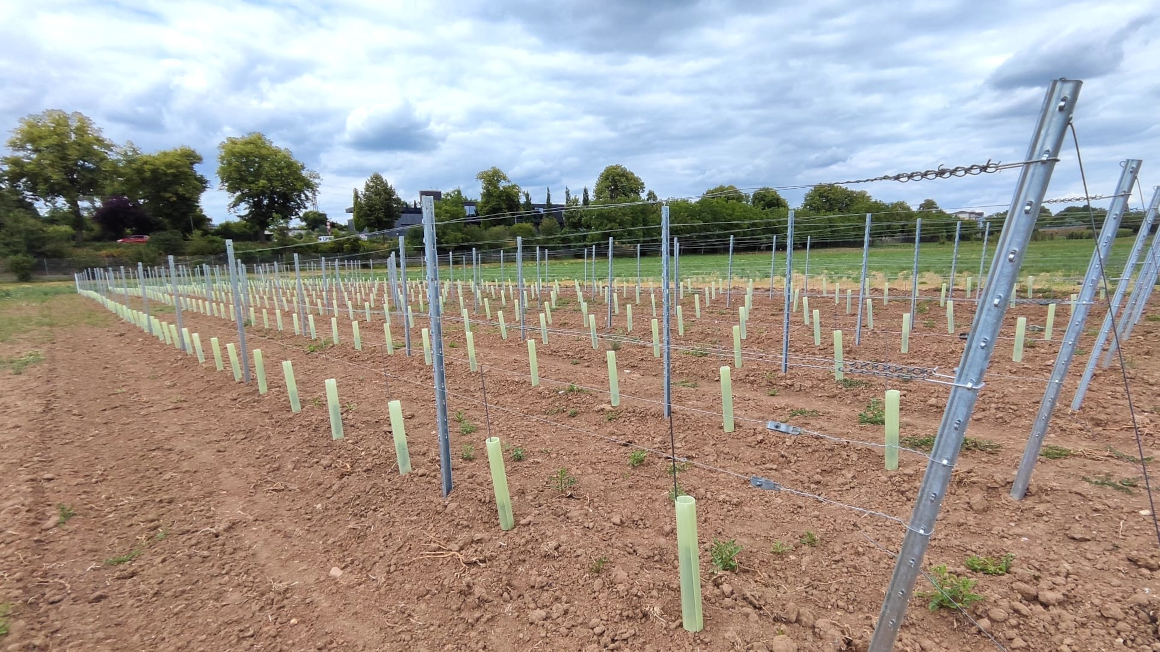New enzyme class for natural product synthesis discovered
A recently discovered enzyme from cyanobacteria opens up new options for biotechnology.

A new tool for biotechnology has been discovered coincidentally by research teams from the University of Leipzig and TU Dresden: while studying the cyanobacterium Scytonema hofmanni, they came across an enzyme with a previously unknown ability. The enzyme, called furanolide synthase, masters the ability to create certain carbon-carbon bonds. The researchers report on their discoveries in the journal „Nature Chemical Biology“.
Enzymes as natural catalysts
Enzymes are nature's catalysts. They enable cells to carry out chemical reactions at normal temperatures and pressures that are often only possible under special conditions using classical chemistry. Other molecules produced by enzymes are so complex that chemical synthesis has not yet succeeded in reproducing them. This situation has given rise to the field of biotechnology, which makes use of cells, microorganisms and their enzymes to produce specific chemical compounds.
New synthetic biology method
In nature, the now discovered furanolide synthase is involved in producing cyanobacterin. For organisms that carry out photosynthesis, this molecule is highly toxic. The research team led by Tobias Gulder and Tanja Gulder was actually interested in finding out how cyanobacteria produce this molecule. To do this, the experts first used a new synthetic biology method called DiPaC to transfer the genes of the complete biosynthetic pathway into the laboratory bacterium Escherichia coli. The researchers then analyzed all the enzymes involved in the synthesis pathway and came across the furanolide synthase with its special talent.
Possible applications in medicine and agriculture
"Furanolide synthases have provided us with a molecular tool that will allow us to develop more environmentally friendly methods for the production of active ingredients in the future and thus make our contribution to more sustainable chemistry," explains Tanja Gulder. Possible applications would be in medicine and agriculture. Meanwhile, the researchers want to search for other representatives of the new enzyme class in other microorganisms and also develop a biotechnological production process for furanolide synthase.
bl


